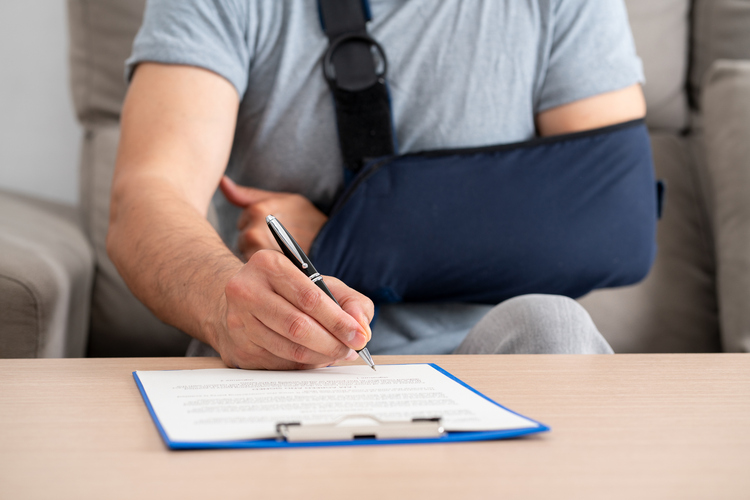If you’ve received a personal injury settlement in California and owe child support—or are in an active child support case—you may be wondering: Can child support be taken from my personal injury settlement? The short answer is yes, in many cases, a portion of your settlement may be subject to collection for past-due or ongoing child support.
At Ernst Law Group, our San Luis Obispo personal injury lawyers help clients navigate the legal and financial implications of personal injury claims, including how settlements may be affected by family law obligations. Here’s what you need to know if you’re facing this situation in California.

How child support and personal injury settlements intersect in California
California courts treat child support as a priority legal obligation, and they have multiple mechanisms to ensure payments are made—including wage garnishment, tax refund interception, and liens on legal settlements.
Under California Family Code § 17400, the state can enforce child support obligations by intercepting certain funds, including personal injury awards, if the parent has an outstanding support balance.
| Key point: Even if your settlement is intended to help you recover from an accident, a portion of it can be used to satisfy overdue child support payments, especially if the state has filed a lien. |
What part of a personal injury settlement can be used for child support?
A personal injury settlement can include several types of compensation, including:
- Economic damages: Medical bills, lost wages, and property damage
- Non-economic damages: Pain and suffering, emotional distress
- Future damages: Ongoing care or loss of earning capacity
- Punitive damages (in rare cases)
Not all components are treated equally when it comes to child support.
Lost wages are considered income and are generally subject to child support collection.
Pain and suffering or medical reimbursements may be argued as non-income, but they can still be intercepted if a lien has been filed or the funds are not clearly allocated.
Structured settlements (ongoing payments rather than a lump sum) may also be garnished.
Because settlements often come as a lump sum without a detailed breakdown, the entire amount may be at risk unless your attorney proactively allocates damages and negotiates with the child support enforcement agency.
What happens if you owe back child support?
If you owe past-due (arrears) child support and receive a personal injury settlement, the California Department of Child Support Services (DCSS) can place a lien on your settlement funds.
This lien allows the state to intercept money before you receive it, even if your injury claim was unrelated to your family law matter. Your settlement may be reduced by the amount you owe, plus interest.
In some cases, your attorney may receive a lien notice from DCSS and must resolve the lien before disbursing the rest of your settlement. This is why it’s essential to let your personal injury lawyer know about any child support issues in advance.
What about ongoing child support payments?
If you are currently paying child support, your settlement might also impact your future support obligations. For example:
If the settlement significantly increases your available resources or income (e.g., through ongoing payments), the other parent may request a modification of your child support order.
If the injury prevents you from working, you may be able to petition the court for a temporary or permanent reduction in your monthly support amount—but you must formally request this through family court (per California Family Code § 3651).
Failure to update your child support order in response to changes in income—whether up or down—can result in accumulating debt or enforcement actions.
How to protect your personal injury settlement
To protect your settlement and ensure compliance with California law:
- Tell your attorney if you owe child support or have an active case.
- Negotiate lien satisfaction with DCSS before settlement disbursement.
- Request itemized settlement breakdowns—distinguishing between lost wages, medical expenses, and pain and suffering.
- Consider placing funds into a structured settlement to limit immediate garnishment.
- Seek a family law attorney’s advice to modify your support order if your financial circumstances have changed due to the injury.
At Ernst Law Group, we collaborate with experienced family law counsel when necessary to ensure that our clients are protected from unintended legal consequences and that their settlements are handled strategically.
Work with our skilled attorneys to get the most out of your settlement
While not all parts of your settlement are automatically subject to collection, failing to disclose or address your support obligations can jeopardize your recovery.
To protect your rights and your settlement, consult with a knowledgeable attorney who understands the intersection of personal injury and family law. Ernst Law Group is here to help.
Contact us online or call (805) 541-0300 for a free, confidential consultation. We’ll help you secure the compensation you deserve—without unnecessary legal surprises.


